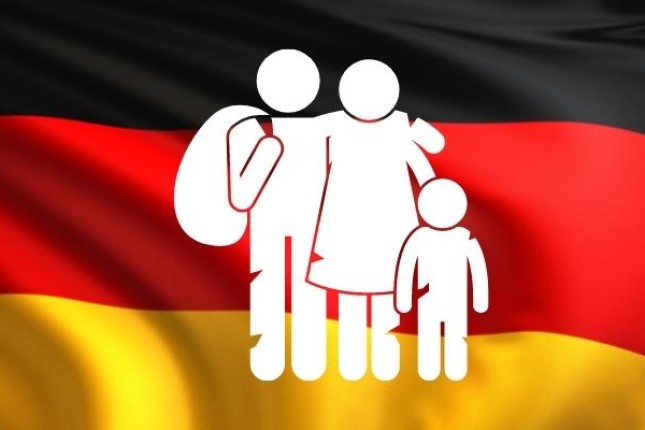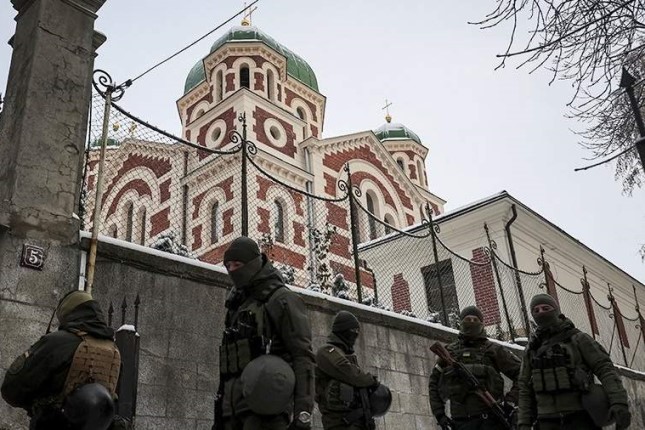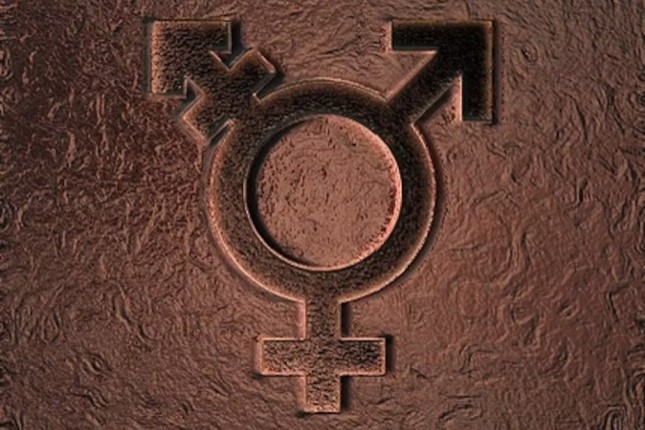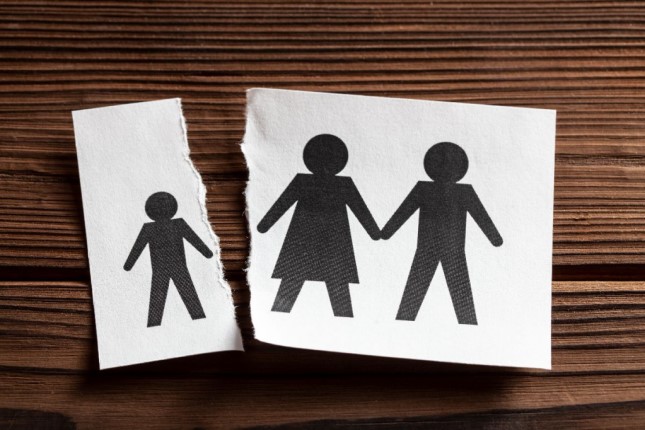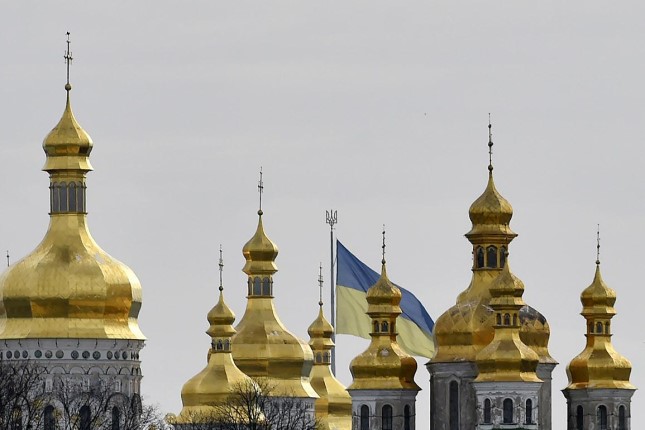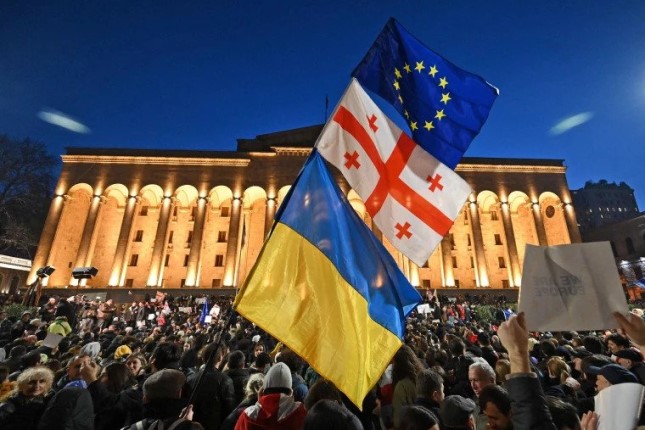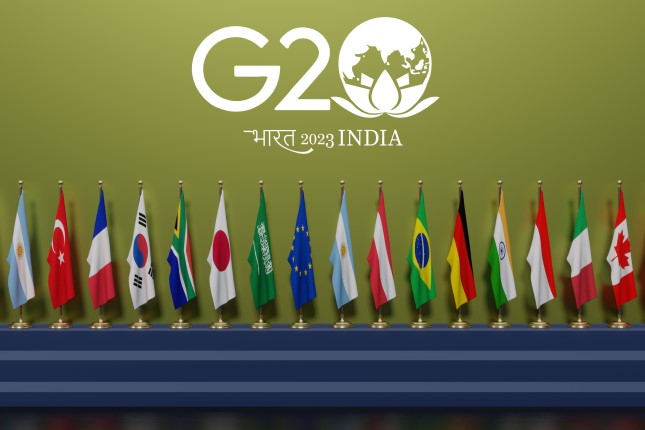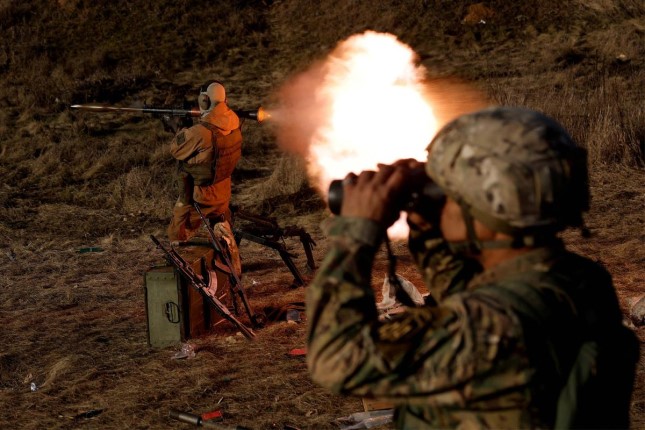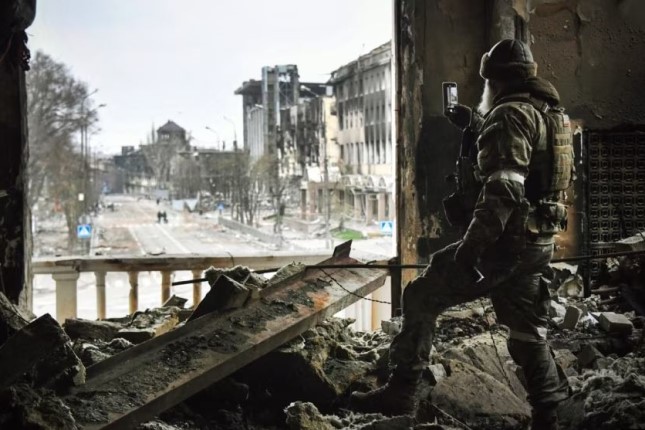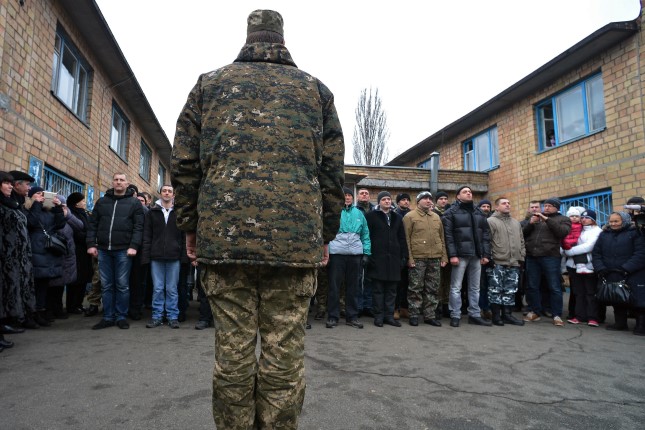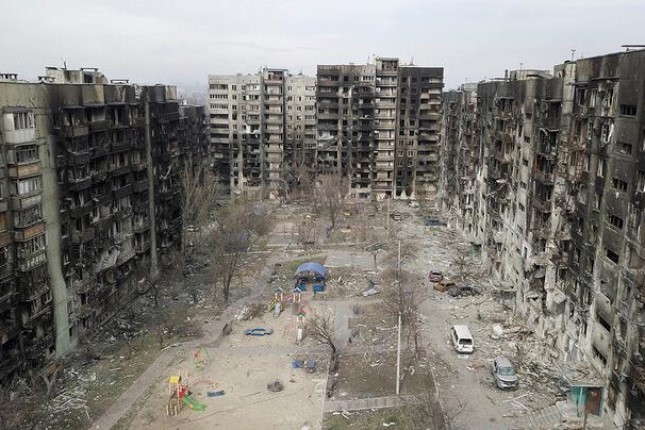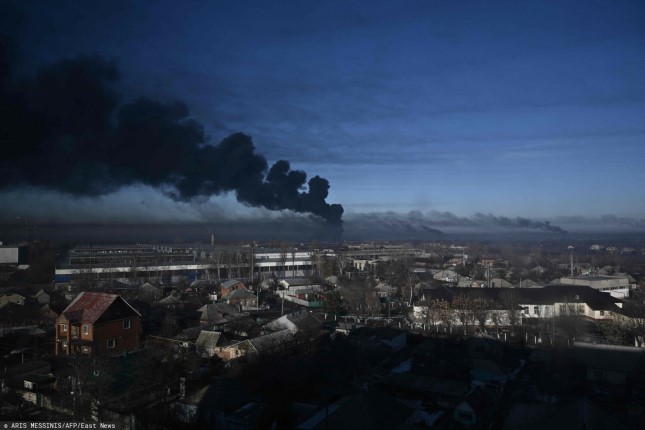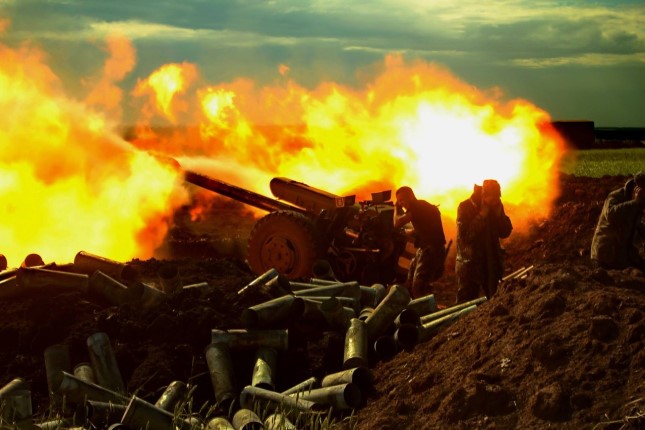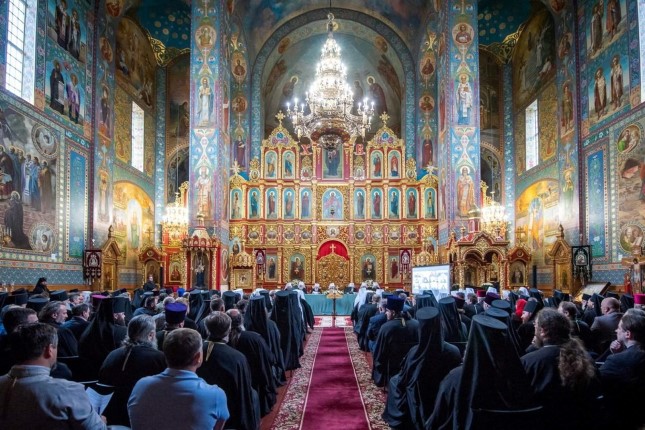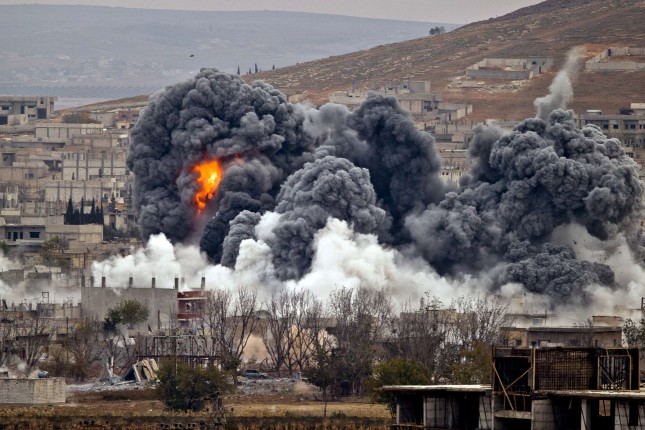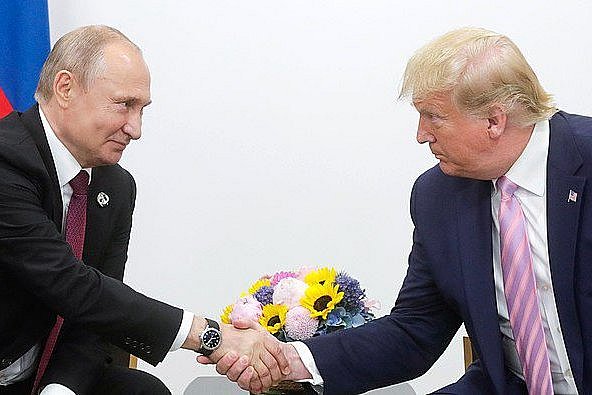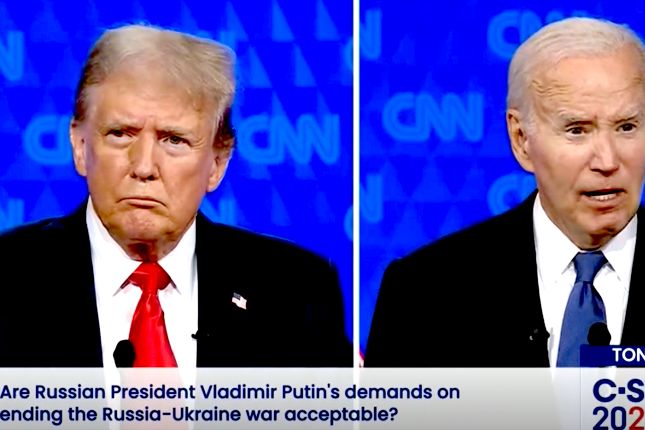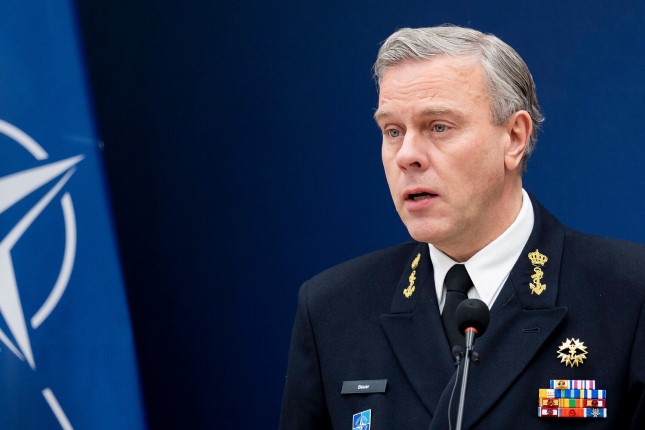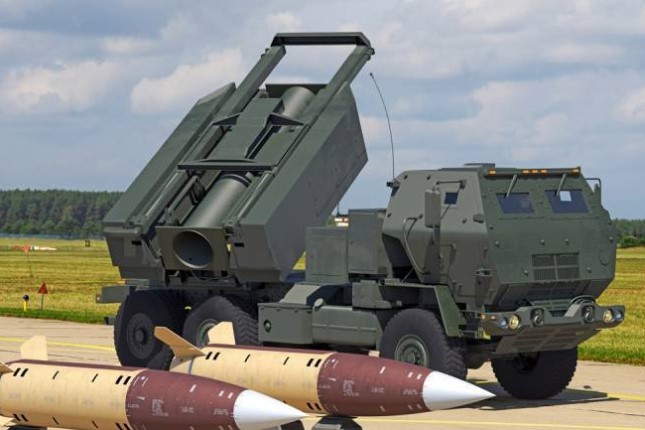As energy prices in Europe, notably in Germany, have risen tenfold from their previous levels and supplies are simply running out, many look to Germany, the EU's largest economy, as a litmus test for the ongoing European commitment to Ukraine. Will high gas prices and a harsh winter push Germans to force their government to decrease or remove aid to Ukraine?
To investigate, The Washington Post conducted a public opinion poll, which revealed that, surprisingly, energy prices are not the main issue. The Washington Post surveyed an opt-in sample of 1,000 Germans online between September 14 and October 6, 2022. Statistical methods were used to get data that are typical of the age, gender, and state of the German population.
A series of questions were posed about the conflict in Ukraine and how respondents saw Germany's efforts to assist. Then, people were asked how much they agreed with four different policies (none, a little, some, very, or extremely):
- Increasing sanctions on Russia and Putin, even if these sanctions might lead to a further increase in food and gas prices;
- Sending more missiles and other military equipment to Ukraine, even if this increased Germany's military budget;
- Admitting more refugees from Ukraine, even if it placed additional burdens on the economy;
- Admitting Ukraine into NATO, even if this means committing to defending Ukraine militarily in the future.
The overwhelming majority of Germans (91%) expressed at least some sympathy for the Ukrainians. However, the majority (54%) believe that their country is doing enough (37%) or too much (17%) to aid Ukraine's military efforts and refugees.
In general, approximately 30 per cent of Germans reject each of the four programs, while approximately 70 per cent support them in some capacity. However, when support is broken down by intensity (strong or weak), where strong is evaluated as "very" or "very" and weak is measured as "some" or "a little," revealing differences are shown.
While less than half (40%) strongly support additional sanctions, even fewer strongly support the delivery of additional weaponry to Ukraine or the admission of other refugees (just 31 per cent strongly support each policy). At only 26%, support for Ukraine's NATO membership is even less robust.
In other words, German support for additional military or humanitarian help is lukewarm.
Why are Germans lukewarm towards Ukraine?
It comes as a surprise that the poll reveals that energy prices are not as significant as many analysts had predicted. But what are the main reasons why the majority of Germans believe their country has done enough for Ukraine?
According to The Washington Post's own analysis of the survey's findings, two factors matter more to the German people than rising energy prices when supporting Ukraine: their historical memory of German aggression during World War II and their anxiety about the expense of hosting migrants.
In many ways, Germany is a strong pacifist country with an understandable reluctance to conflict since its Wehrmacht wreaked havoc over Europe during World War II.
The German government's decision to supply weaponry to Ukraine to combat Russian aggression represents a fundamental change in the country's foreign policy, which had hitherto been based on a fundamental commitment not to interfere militarily outside its boundaries.
Refugee exhaustion is the second critical component. Germans are losing excitement about accepting more Ukrainians as the social and fiscal realities of hosting refugees become evident. Germany has already paid a significant price for the continual stream of immigrants over many years.
Another factor that the Washington Post overlooks is that there appears to be no silver lining on the horizon. Everything is collapsing in front of the German's eyes, and they find themselves back in the midst of the Cold War with the possibility of an East-West nuclear conflict. In this perspective, the study demonstrates that East Germans are much more hostile to all four polled ideas than West Germans. For example, whereas just 27% of West German respondents are opposed to boosting military support for Ukraine, 52% of East Germans are. It is consistent with that group's more favourable view toward Russia and higher mistrust regarding NATO.
On the other hand, may the primary reason that most Germans believe their country is doing enough be that many Germans don't understand why they are being drawn into so much trouble for Ukraine's sake?
